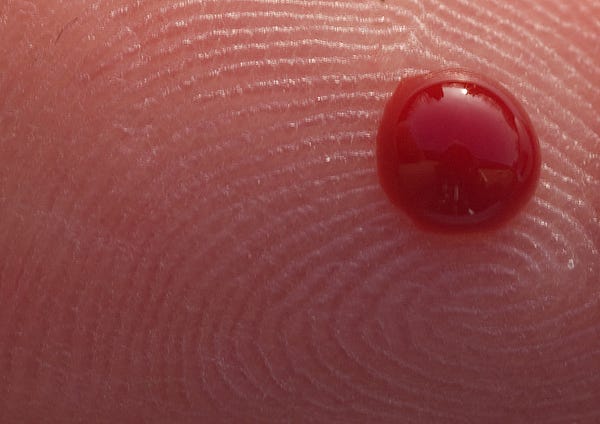Recently,
the White House launched another research project (having similarities with the
Human Genome Project) titled the Precision Medicine Initiative. Its purpose is
to further the research on the application of genomics
along with achieving other medical advancements. However, this will be more
difficult in some areas of study than it is in others. For example, there are
major challenges already defined in a study centered around Type 2 diabetes. It
explains that there is still very little known about the disease. There are
general health factors involved but it seems that genetics plays the most
important role. Even after scientists have observed and studied tens of
thousands of Type 2 diabetes patients, the only understand a small percentage
of the diseases genetics overall.

In trying to fully comprehend the genetics of Type 2 diabetes, scientist aim to achieve three things in relation to fighting the disease. The first is to be able to pinpoint the people who have a higher genetic chance risk of developing the disease. The second is to have the capability of treating and recognizing the various molecular forms of the disease. And third, it would help us to understand the disease specific weaknesses. If this occurs, it is likely there will extreme medical advancements for the disease. More in depth DNA analysis’ need to be run on more Type 2 diabetes patients because each individual case is different from the next, and each case needs to be treated as so.
This is particularly interesting because, since the Human
Genome Project began, there has been many a break through and also many disappointments
within the study of the genome. Diabetes II in particular portrays the
difficulties that scientist have had in terms of medical advancements. The
disease is very common in the United States with 10% of the population
developing it. Because of this, scientists are particularly interested in
trying to understand the disease and are working to find better treatment and a
cure. Hopefully, scientists will soon have a major breakthrough in
understanding the disease soon.
Is there a way in identifying whether you are susceptible to developing type 2 diabetes and if so is it possible to identify at what point you might develop it. Or is all the information we can get is that you are at a higher risk due to the fact it may run in your family?
ReplyDelete